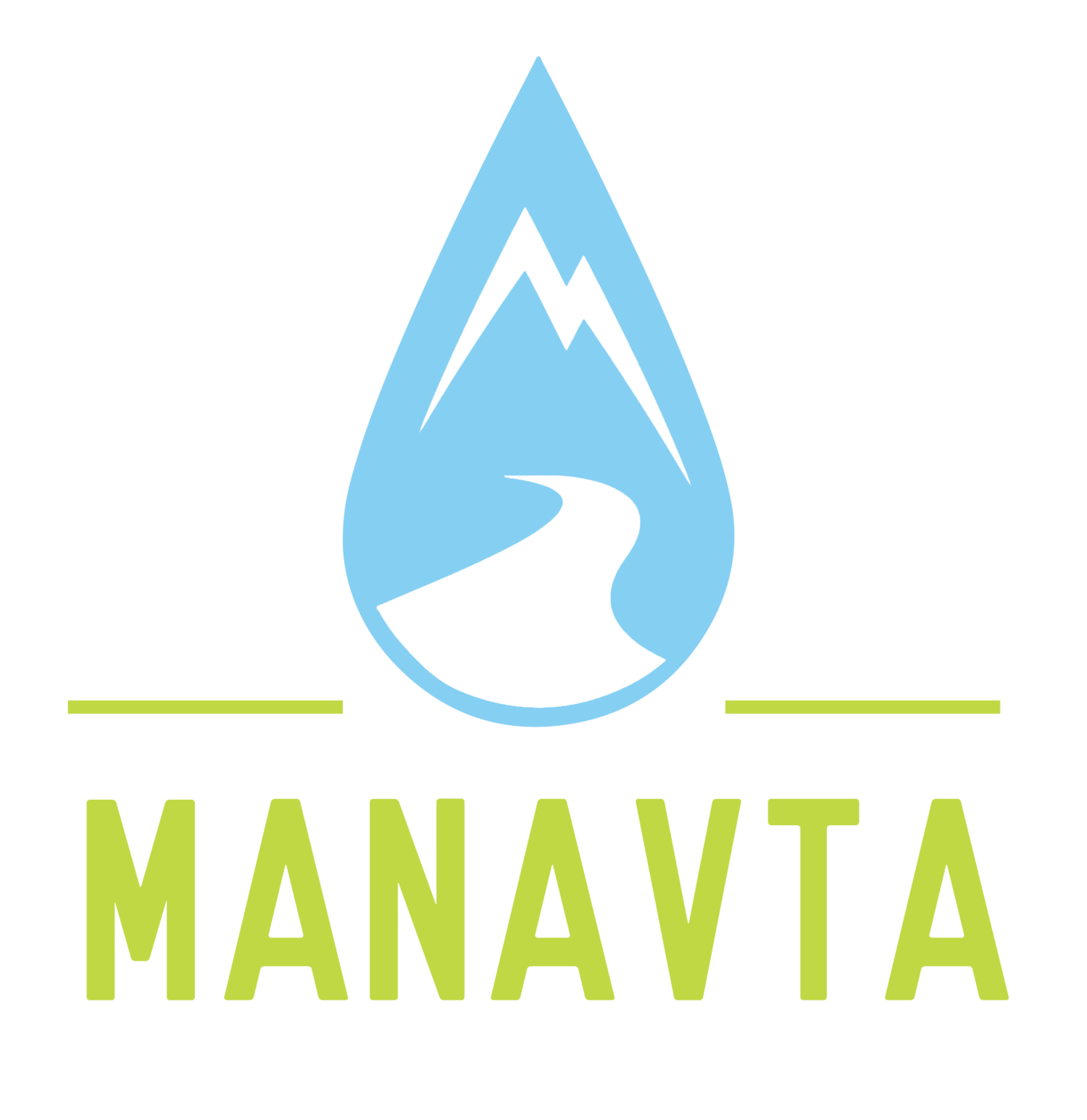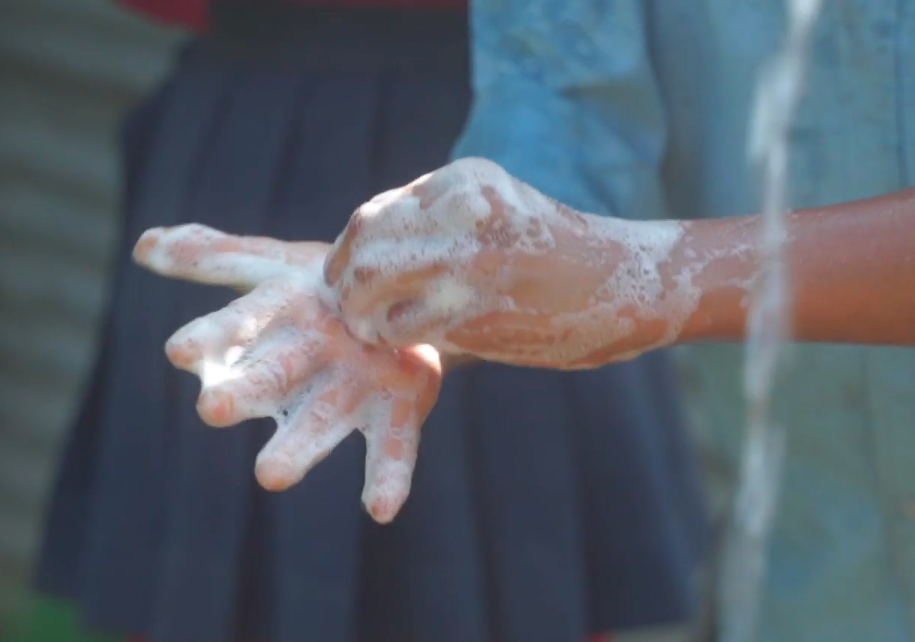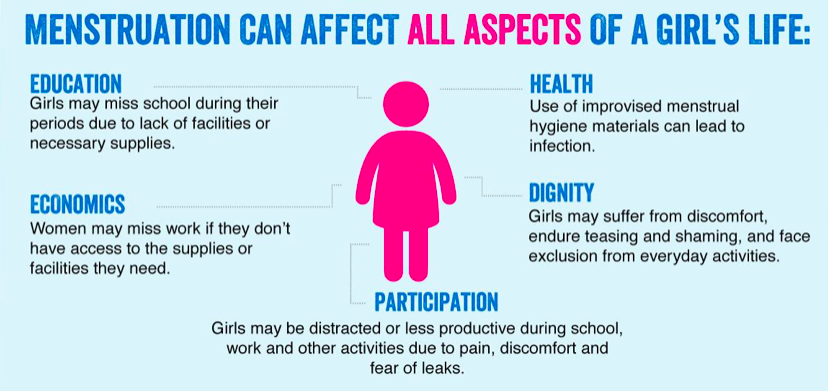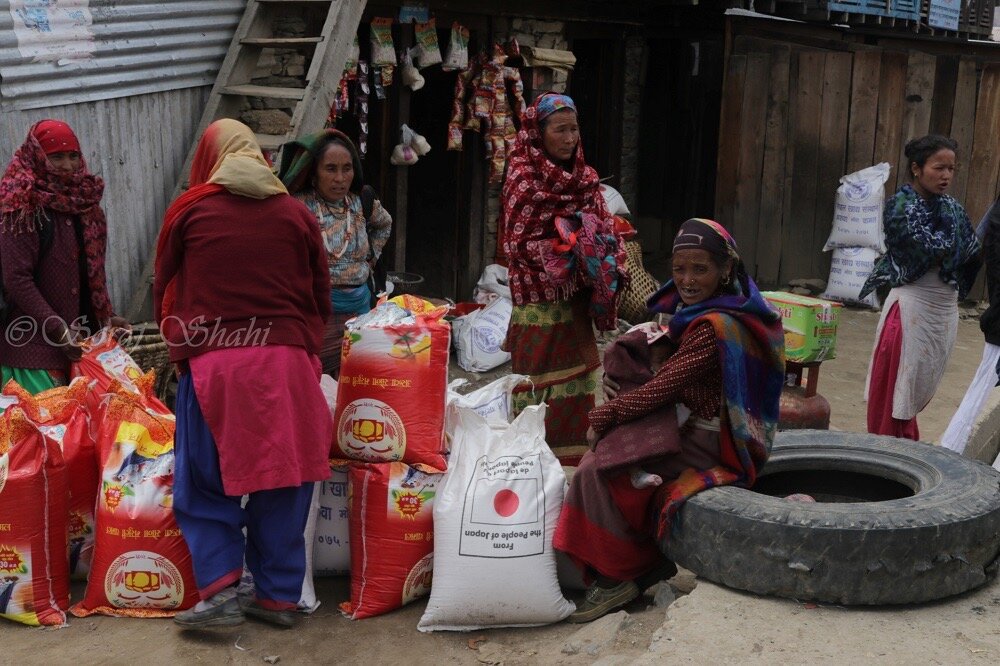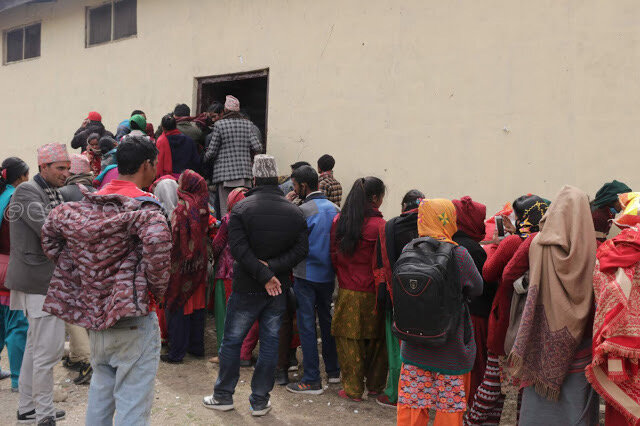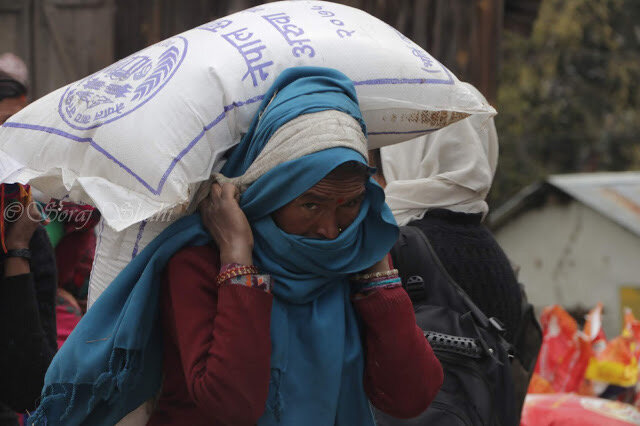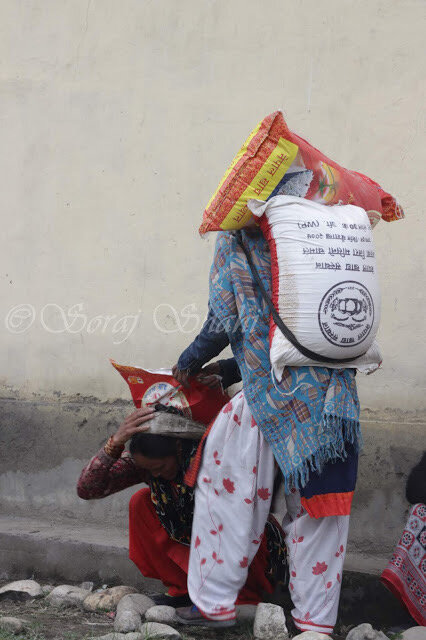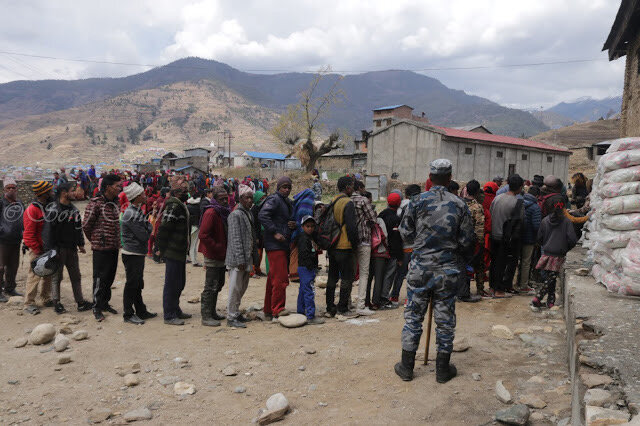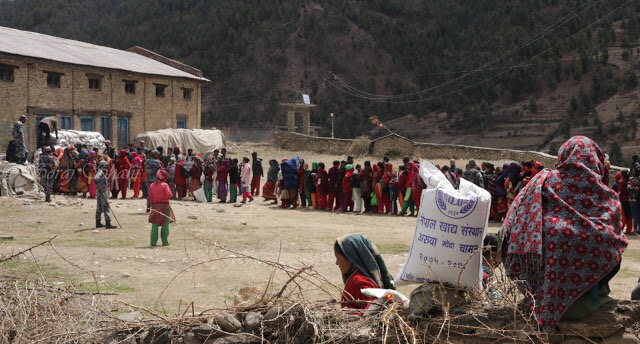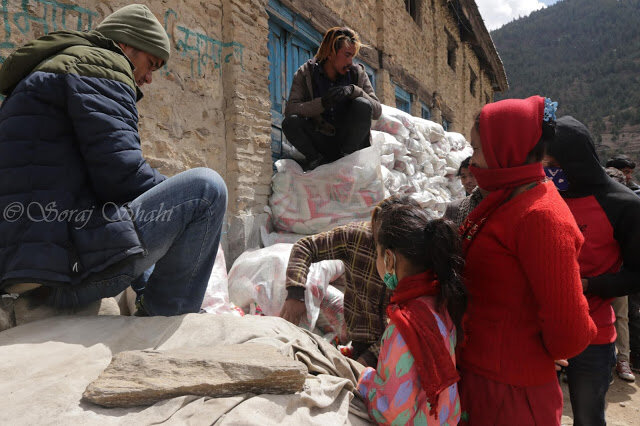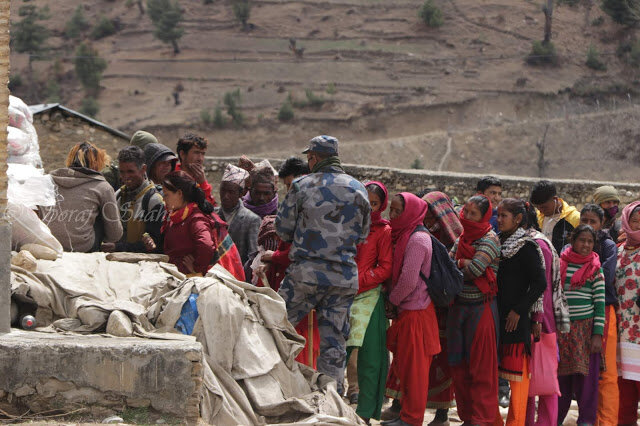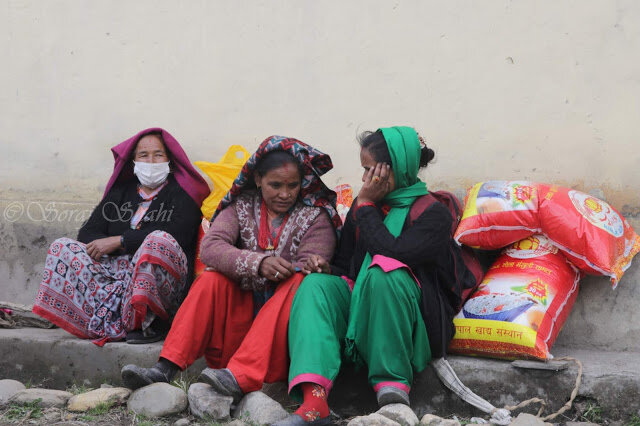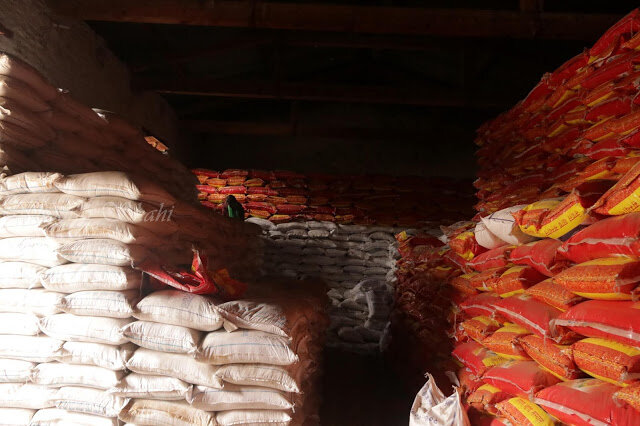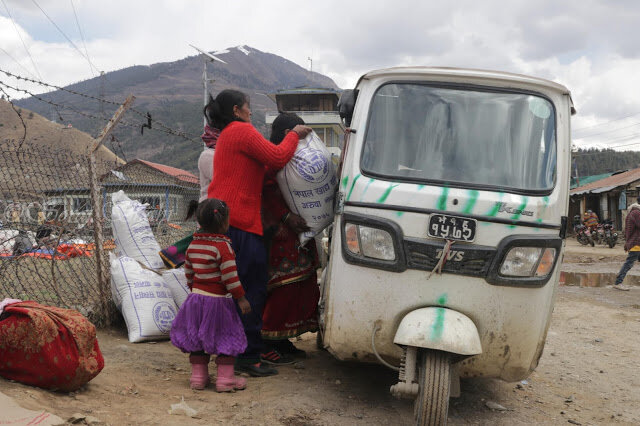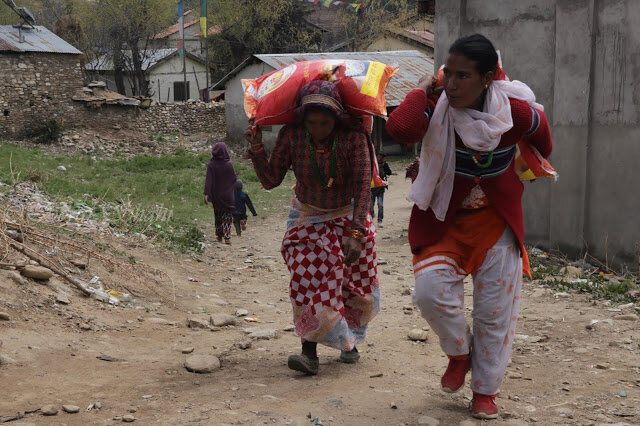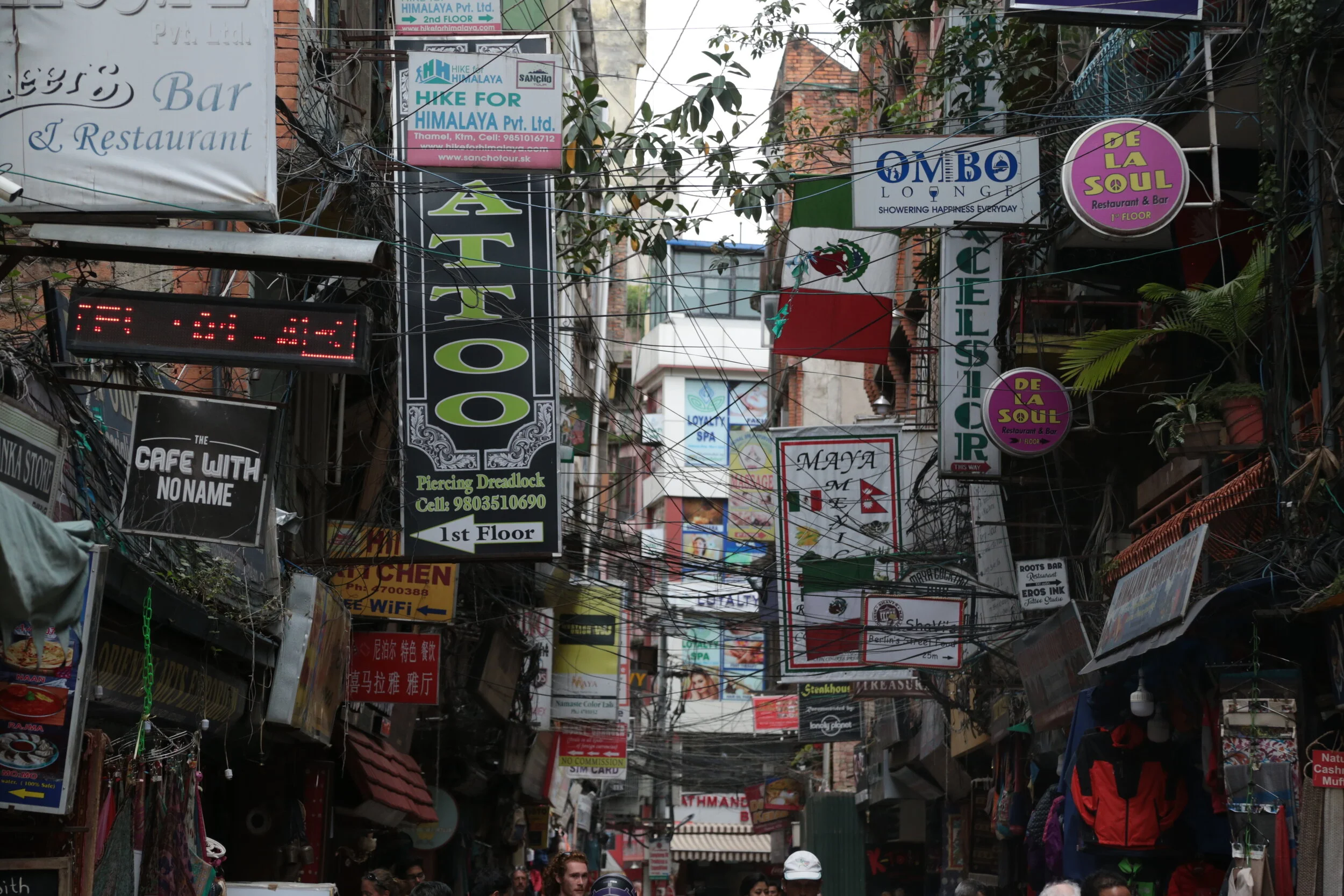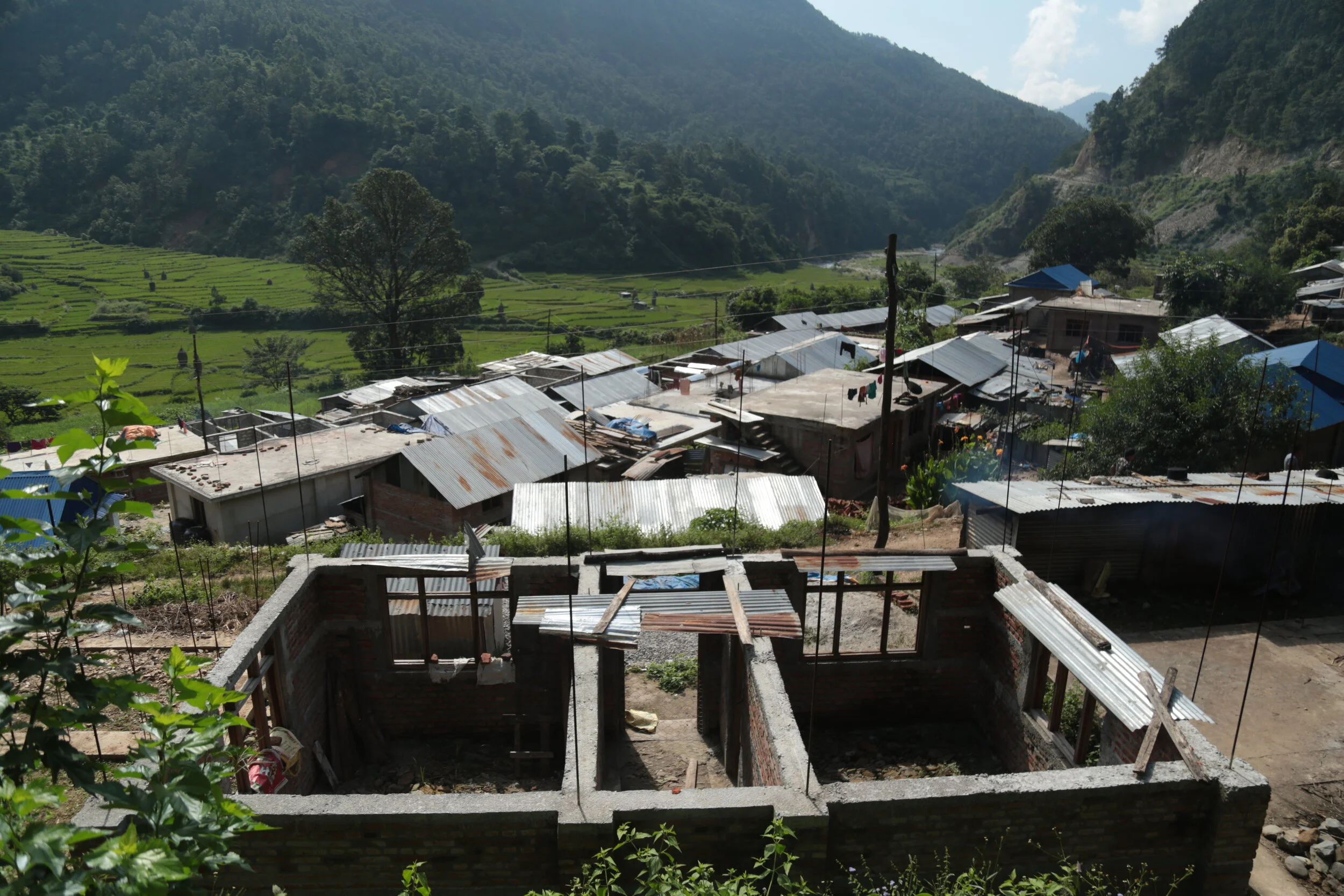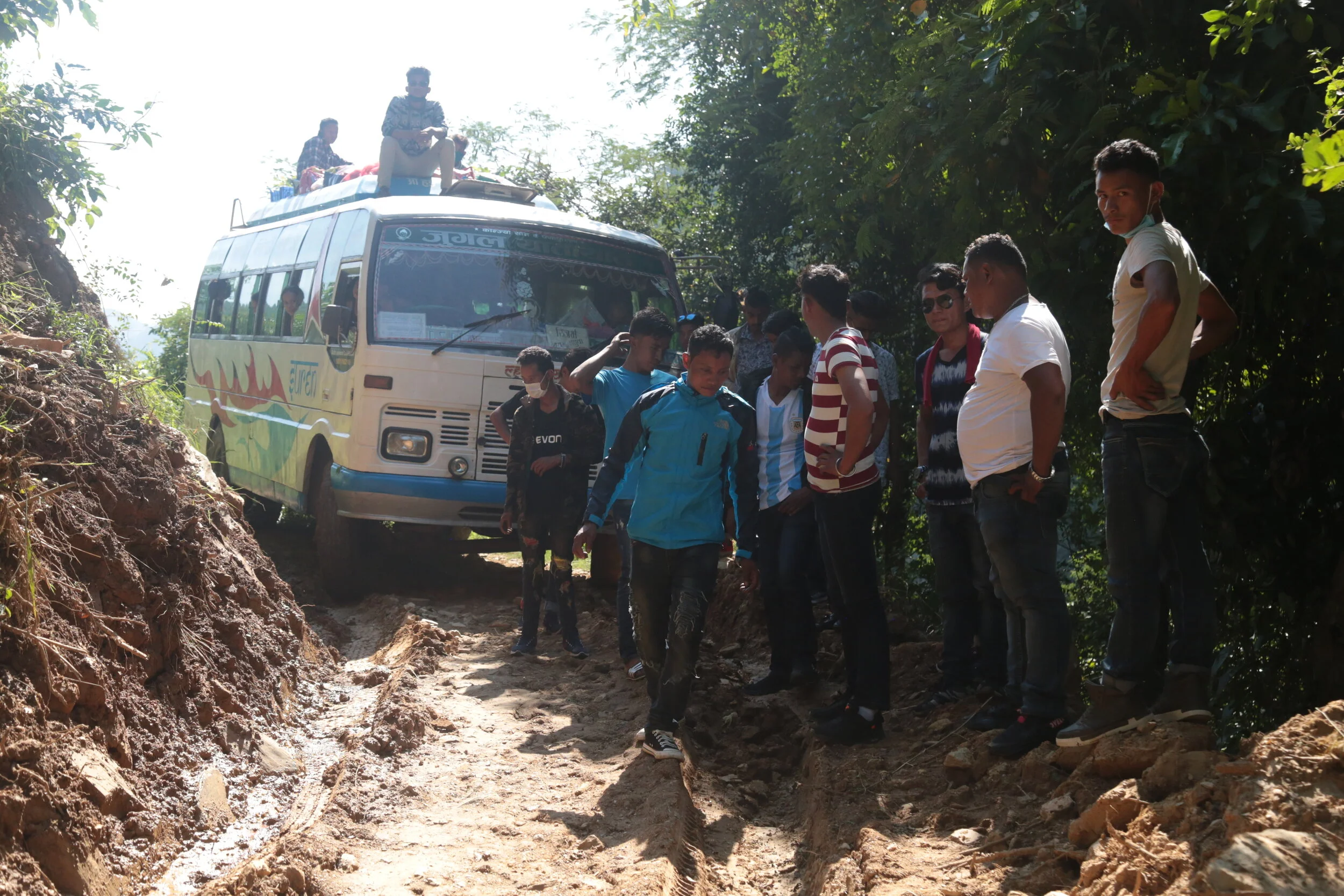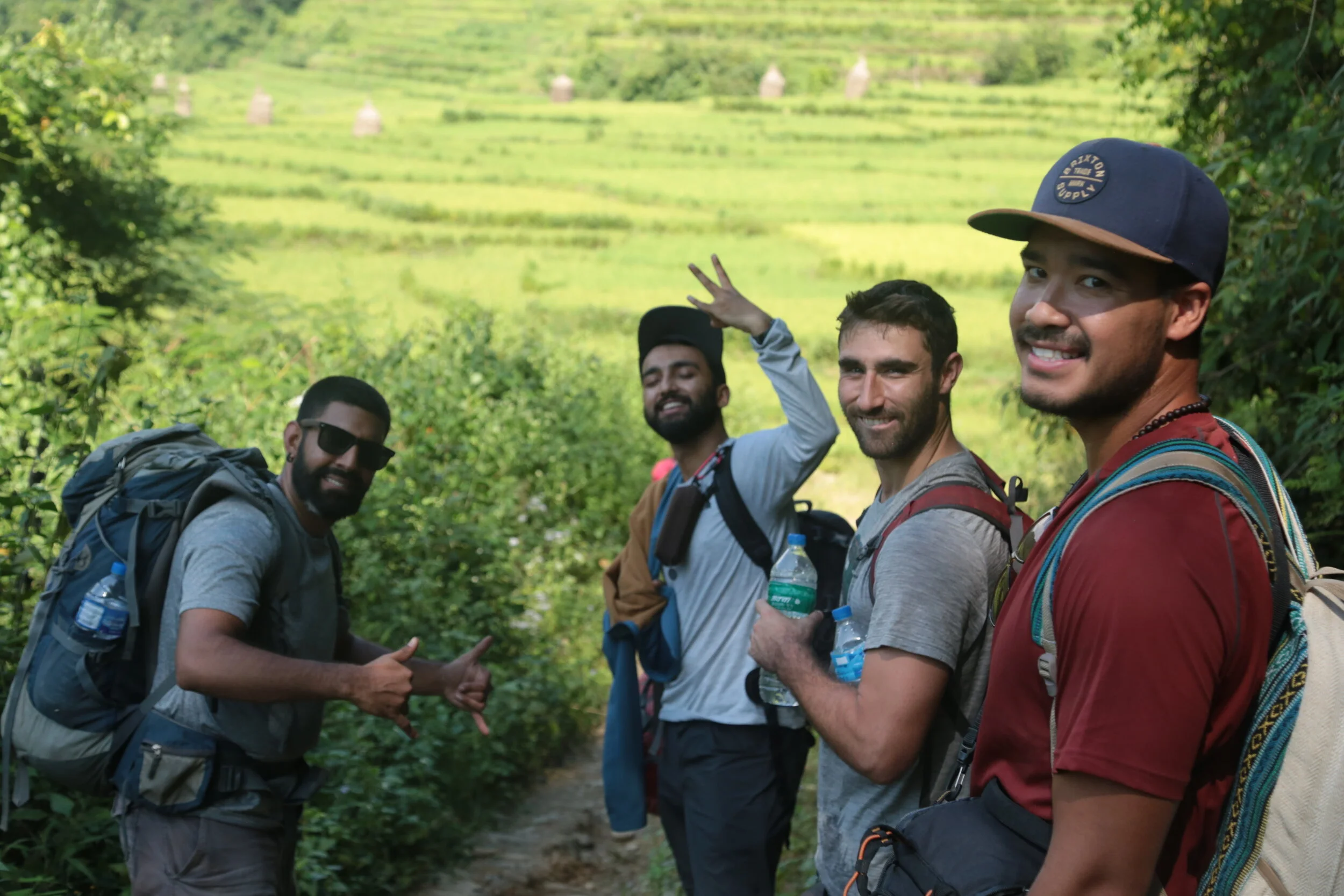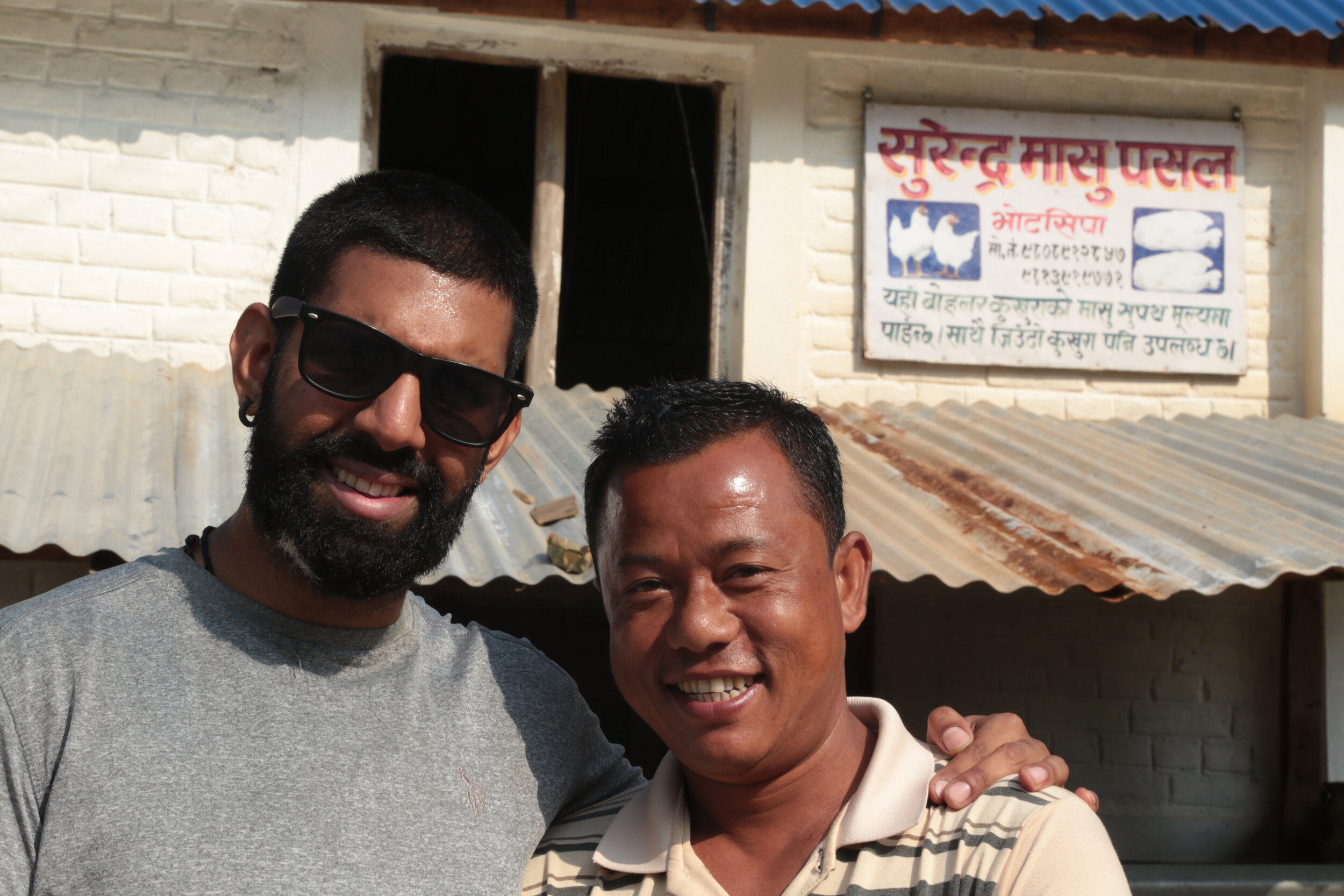Azmin Gowa, Director of Engagement
I don’t think much about my period. I mean, I don’t really have to. If I need menstrual hygiene products they’re a 3 minute walk from me at my local drugstore. Even the pandemic hasn’t really affected it, because unlike toilet paper, tampons are always in stock. For the most part, menstruation is simple, predictable, uncomplicated and the only thoughts I have about it are that it's an incredible gift.
As I write this blog post, I’m saddened by how numb I’m allowed to be about this topic, as it relates to my own body and well-being. I’m lucky. In fact, most things, period-related or not, are abundantly available. And because of that, it always takes me a minute to tune in to humanity as a whole. So let’s tune in together right now. Let’s step outside ourselves and step into the shoes of the women we’re making noise for today, on Menstrual Hygiene Day.
In many developing nations, including Nepal, menstruation affects all aspects of a woman’s life, with adolescent girls being the most affected.
Source: Plan International: https://plan-international.org/sexual-health/menstruation
The Manavta Project was founded on this fact. While Toilet Nerd, Nabeel, was teaching at a school in Nepal, he noticed that girls were missing school once a month, with some girls even dropping out completely. After some investigation and understanding, we came to realize that not only were these girls lacking safe and private toilets but that this was a more systemic issue, rooted in gender inequality and traditions that sadly perpetuate the cycle of poverty.
Source: Plan International: https://plan-international.org/sexual-health/menstruation
Imagine having to miss school on a monthly basis. Imagine the toll that would take on your ability to learn and succeed in life. Would you be in the place you’re in now, if this was your reality? How can these girls succeed with such deeply rooted social and cultural barriers? Yes, periods are a monthly reality, but what comes with that reality varies so much depending on who you are and where you live.
You thought COVID-19 isolation was bad? Imagine being isolated for 1 week every month in a dark, dingy, unsanitary hut. In Nepal, the practice of Chhaupadi is an extreme form of menstrual seclusion that requires menstruating women to leave home and isolate themselves in a shed. This practice stems from ancient scriptures deeming women as impure and untouchable, prohibiting them from inhabiting public spaces, socializing and sharing food and water.
The reality is, these women can’t just stop menstruating in order to avoid the injustices they face. Periods must go on! And if they must, what can we do to help?
EDUCATE.
When girls are knowledgeable about their bodies and fertility, and are able to effectively maintain their menstrual hygiene, they are equipped and more empowered to manage their long term sexual and reproductive health, including family planning.
Education is the key to what we do at Manavta. We’re determined to help break the silence and shame that surrounds menstruation by recruiting local health care providers to share their knowledge about women’s health with the women and girls that we work with.
SUPPORT THE MOVEMENT.
Stand with us today to fight the stigma and support our COVID-19 relief efforts by attending a virtual strength training class with our friends at Square1. All proceeds will go towards hygiene kits and food supplies for families in Jumla.
As always, we ask that you #spreadthisshit.
Talk to people about menstrual hygiene and how MILLIONS of girls and women are affected.
Make this problem known and don’t be afraid to be LOUD about it.
